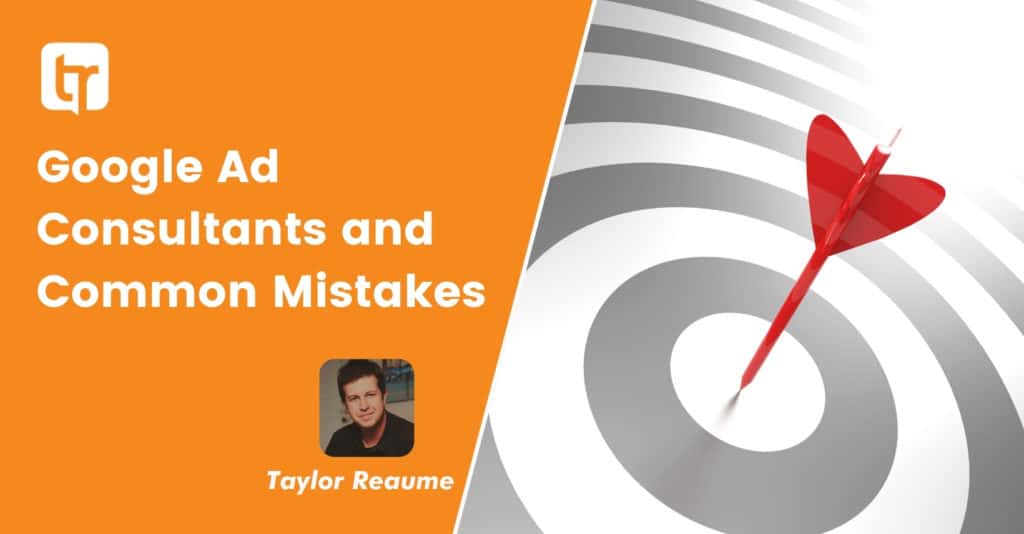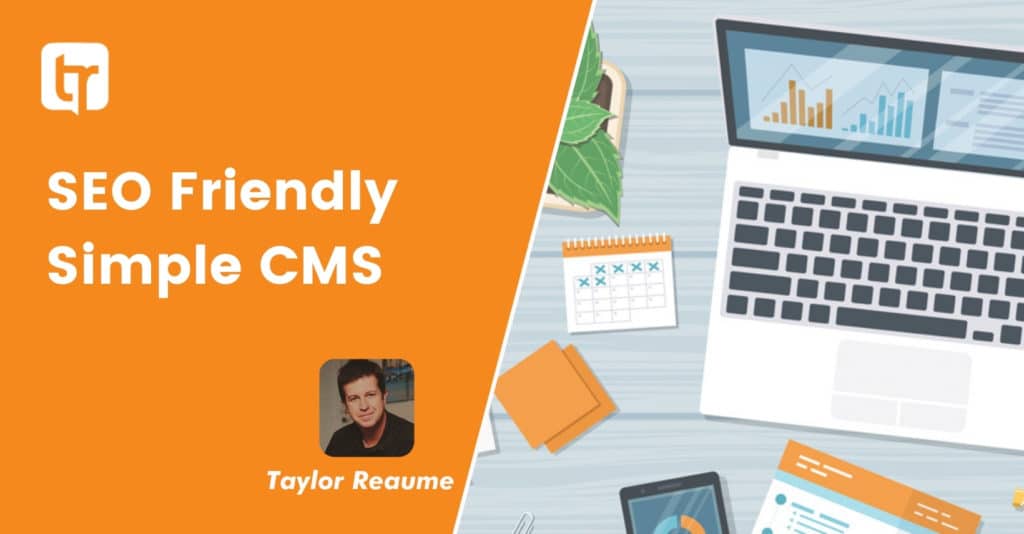How to get blurbs from famous people

Below is a great article re-posted with permission from the king of PR Steve Harrison of http://www.reporterconnection.com/join/
Are you overlooking the power of celebrity in your marketing?
Like it or not, we live in a world fascinated by celebrity, as evidenced by all the publicity Kim Kardashian’s not so magical wedding and Lindsay Lohan’s ongoing courtroom exploits recently got.
Now you probably don’t want that sort of publicity but not all celebrity promotion is negative. A powerful testimonial or blurbon your website or back cover is a potent sales tool that you are probably overlooking.
Today I have an article for you about how to do just that, get testimonials from influential people that will help you increase sales.
But first, let me tell you about some new books and resources by several friends, colleagues and clients of mine. Some of these resources I’ve used. Others are paid ads.
Books + Resources
With Am I Really Hungry?, leave the nightmare of dieting and find satisfaction with your body. Discover how your intuition works, with proven tips and tools. Take charge of your eating with 10 tools that will change your life. Jane Bernard has your solutions and they are surprisingly easy. Get your copy athttp://tinyurl.com/6pav6rn.
Do you want to grow your business and find new customers?Real-Time Marketing for Business Growth: How to Use Social Media, Measure Marketing, and Create a Culture of Executionis full of examples, tools, and resources to help you create sustainable business growth. Read the Foreword by Ken Blanchard: http://www.marketsmarter.com/books and download free resources!
Are you faced with starting over – after losing your job, house, or marriage? Jamie Wolf went from a 6-figure income to homeless and back. Her upcoming book Start Over! How to Go From Burned Out to ON FIRE in 9 Powerful Steps will launch you towards better health, relationships, and finances! Get more info at http://www.jamiewolfllc.com.
Do you ever feel like you are not good enough? That failure could be just around the corner? Ever feel like you are not relating to others as well as you’d like? Bestselling author Sharón Lynn Wyeth gives you a tool to use that creates safe places for you to live and work. Get more info athttp://KnowTheName.com
How you feel about yourself and what you think you deserve drives the quality of your relationships, which is the indicator for your happiness and success. Discover the secrets of creating relationships to make you happier and more successful with Romilla Ready, co-author of two bestselling ‘for Dummies®’ books. Get more info and purchase the books at http://www.relationshipwizardry.com
Feeling stressed because you don’t feel loved, accepted, successful or safe? Dr. Gupta, a well known expert in achieving emotional fullness, can help. Learn how to lead a happy, fearless and meaningful life using his techniques. Go towww.getanemotionaltuneup.com orwww.joyfromdeepwithin.com to pick up copies of his books.
Now on to today’s article …
How to get blurbs from famous people
(note: this article originally appeared in my paid print newsletter Book Marketing Update which goes to members of my Million Dollar Author Club – you can
get info at http://www.milliondollarauthorclub.com)
Having a great testimonial—a few words or sentences of praise from a well-known or influential person—can make a huge difference in your marketing efforts. Just ask Shel Horowitz, author of Guerilla Marketing Goes Green and Grassroots Marketing: Getting Noticed in a Noisy World
“I had a blurb from Chicken Soup co-creator Jack Canfield on the back of one of my books, and I watched this one sell books, over and over,” Horowitz says. “My prospects would look at the back cover, say, ‘Wow, how’d you get Jack Canfield?,’ open the first page and see the six pages of endorsements, let their eyes get big as saucers—and then pull out their wallets and buy it on the spot.”
Endorsements are one of the most powerful sales tools an author can have. While we all naturally want big names like Stephen King or Stephen Covey, it can be challenging to obtain testimonials from the biggest celebrities. The good news is there are plenty of famous authors, speakers and other well-known people who can be reached—if you’re willing to put in the time and patience to reach them.
Ryan G. Van Cleave, author of Unplugged: My Journey Into the Dark World of Video Game Addiction, asked for and received blurbs not only from well-known author Alice Walker, but also from Sen. Ernest Hollings (D-SC). And all he did was ask for them.
Van Cleave says, “While I considered paying money to one of the various online services that claim to have contact information for thousands of celebrities, I found [Walker’s] contact information on my own using the Internet. I mailed her a short, clear, personal letter requesting her help via a blurb. I was also careful to show that I’m truly a fan of her work.” This approach was successful for Van Cleave in soliciting testimonials from Walker, Hollings, author Kurt Bruner and others.
For his science fiction novel Red Moon, author Chris Berman aimed for the stars when he contacted former NASA astronaut Norman Thagard, who had
served as the inspiration for a character in his novel. Again, Berman simply tracked down an email address for Thagard and sent the astronaut a note telling him about the novel and asking for permission to base a character on him. Thagard then requested the manuscript.
Berman says, “About two weeks later, he wrote to say that not only did he give his okay to use himself as a character, but that he loved the story. I asked him to write the foreword for the book and he did, as well as the back cover blurb.”
Targeting authors and speakers with topics similar to yours is another strategy for soliciting testimonials. Take for example Jason Frenn, author of Breaking the Barriers, who managed to score a glowing endorsement for his first book from popular speaker Zig Ziglar.
Since Ziglar’s topics are so closely related to his own, Frenn sent an email through his website requesting that Ziglar consider reviewing his manuscript and providing a blurb. Ziglar’s executive assistant responded and declined his request. Frenn wrote back explaining why he thought Ziglar would be interested in what he had to say and offering a testimonial of his own in exchange.
The assistant then consented to let Frenn send his manuscript. “Three months later, I had his endorsement in my hand,” Frenn says. “A year and a half later, I became a corporate affiliate speaker for the Ziglar Corporation.”
When you see a testimonial from a celebrity or well-known expert on a book cover, you might assume that the author must know some secret trick to getting endorsements or has friends in the industry. But as the above stories prove, you don’t need connections to get great blurbs.
Testimonials equal sales
Having a testimonial for your book from someone you admire can be a great ego boost—but does it actually affect your sales?
“Absolutely,” says Van Cleave. “There’s a reason so many books—both small press and big NYC publishers—fill the back cover and PR materials with endorsements of all types. We live in the age of recommendation, and if someone you respect or admire endorses something, you’re more likely to buy it.”
Berman also believes that testimonials produce profits. “Having Norman Thagard’s endorsement gave a huge boost in credibility about the book that translated to sales,” he says. “I have been contacted by congressional leaders, astronauts, engineers and an aerospace company about
Red Moon.”
Berman solicited a testimonial from award-winning science fiction author Ben Bova for his latest novel, Star Pirates, which resulted in a noticeable increase in website traffic before the book even went on sale.
Better sales aren’t the only upside of getting testimonials. In addition to witnessing the effect of Jack Canfield’s blurb on his sales firsthand, Horowitz says, “I also think the numerous endorsements help not only to sell individual copies, but to secure foreign rights, awards, reviews and other recognition.”
Frenn also mentions the additional benefits of celebrity testimonials. “Both Zig Ziglar and Robert Schuller have given me a tremendous advantage,” he says. “Their endorsements open doors for speaking engagements and other opportunities to enhance book sales.”
So how can you get a testimonial from a famous person for your book? Here’s some top advice from authors who have secured those all-powerful blurbs.
Tip No. 1: Identify and locate your targets
The people you contact to ask for testimonials should have expertise related to the topics covered in your book. (For example, you wouldn’t want a quote from a pet expert on your book about corporate downsizing.) The first step is to identify the famous people you’d most like to endorse your novel or nonfiction book.
If you don’t have contacts you can ask, it’s fairly easy to find well-known people who write or speak about a given topic online. You can search by subject on Amazon.com for books and videos, or run a Google search for “books on [topic]” and take a look at the top results. Bloggers can also be a great source for testimonials. If you don’t read a lot of blogs, you can find a comprehensive listing of the most popular bloggers by subject on Technorati.com.
When you’re selecting people to ask, look for up-and-comers and famous names who are no longer active in their field. “Ask people who are before their peak and people who are no longer in their peak,” says Frenn. “Older people eventually want to leave a legacy.”
Once you have your list of potential blurb targets, the next step is to figure out how to contact them. In many cases, you’ll find contact information for authors at the back or in the front of their books. For hard to find authors, check the acknowledgments at the front of the book—you may be able to contact them through their agent or editor.
The easiest way to find contact information for most experts is online. Nearly every big-name person has a website that includes an email address or a contact form.
Tip No. 2: Do your homework
Make sure you know something about the person you’re contacting for a testimonial before you write to them. Van Cleave notes, “One way people go wrong with soliciting blurbs is to try the generic, scattershot approach. Be specific and personal.”
If you’ve read their books or heard them speak, mention that in a way that shows you’re familiar with their work. Give a compliment and tell them why you admire them—but don’t get too gushy. You don’t want to be viewed as a stalker.
If you’re not familiar with a famous person’s work, but you know they would be a good match for your topic, take the time to read their best-known or latest book. If the person is a speaker, you should watch or listen to their archived video or audio programs. You can often find video clips or radio interviews of well-known people online—just run a search for their name on Google Video or YouTube.
Composing a request for a blurb is a similar process to writing a query or proposal letter to an editor or agent. Open your note by explaining how you’re familiar with the person’s work and why you admire him or her. Then, talk about your book and why it’s similar, and ex
plain that you’re requesting a testimonial. You may also want to include any blurbs you’ve already received—but don’t go on for too long. Van Cleave says, “They’re busy, so don’t waste their time with a long, rambling note—keep it to a single page.”
Tip No. 3: Make it easy for them to say yes
If you’ve written a great book, you have a better chance of securing great testimonials. However, that’s not the only way to ease the blurb-gathering process. Many well-known people will consider giving permission to use their names for endorsements they don’t have to write. Horowitz says, “If you give them something worth blurbing, they’ll be willing—especially if you offer to draft something for their approval.”
Jack Canfield of Chicken Soup fame also recommends pre-written blurbs as a way to save time for the person you’re asking for a testimonial. “Write three sample quotes that they can pick from,” Canfield said in a prior interview. “But don’t send the same quotes to 20 people! You’ll need to write new blurbs for each person you contact. This will make their job much easier and help you get dream quotes.”
Another way you can sweeten the deal for busy experts
is to give something in return for their time. That’s why Frenn, who hosts a daily radio program, suggested that he record a testimonial for Zig Ziglar in return for an endorsement from him.
“Offer them something that will pique their interest before you ask them to bless you with kind words,” says Frenn. “Remember, for many, writing a blurb for someone else isn’t necessarily fun, nor does it feel like a privilege. So be kind and be willing to pay dearly (not financially) for it.”
Tip No. 4: Never say never
Big names are more likely to provide blurbs and testimonials than you think. “For the most part, other than the very top tier of superstardom, a lot of famous people are open to being approached,” Horowitz says. He should know, having received as many as 80 blurbs for some of his books, and usually at least ten.
Don’t immediately dismiss the idea of snagging a testimonial from a big name, even if you think they’re unlikely to respond. “You have to ask for blurbs,” says Berman. “What’s the worst that can happen? If they say no, it’s not the end of the world.” Sometimes, getting that dream quote from a famous person you admire is only a question away—so just ask. They might say yes.











